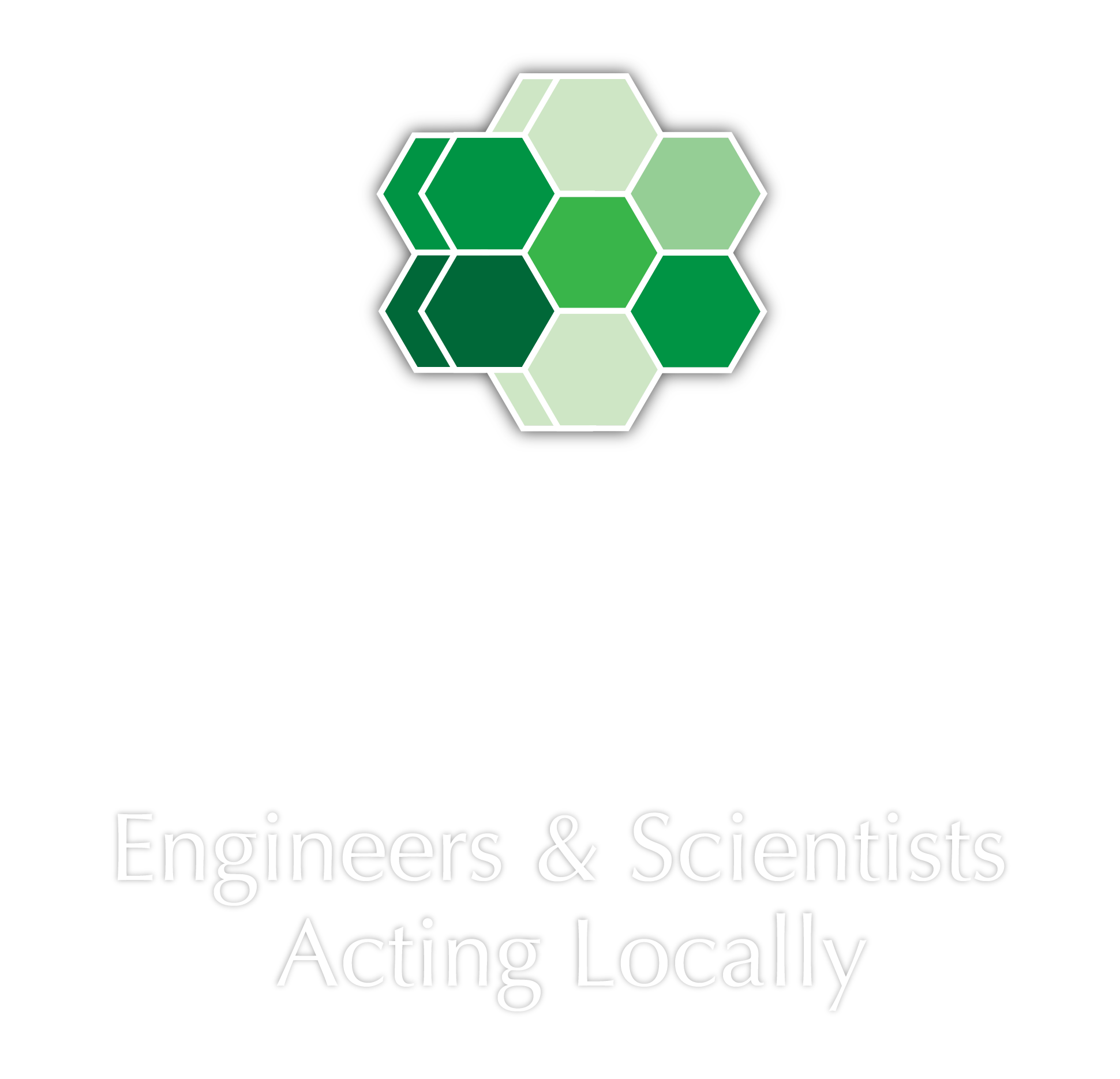On July 27th, ESAL discussed the effect of equity on experience with STEM Education with a panel of professional educators. A combination of anecdotes and lessons were shared to create an opportunity of reflection. Learn how the panelists have worked towards equity in teaching and curricula design, using their individual experience to inform their efforts.


